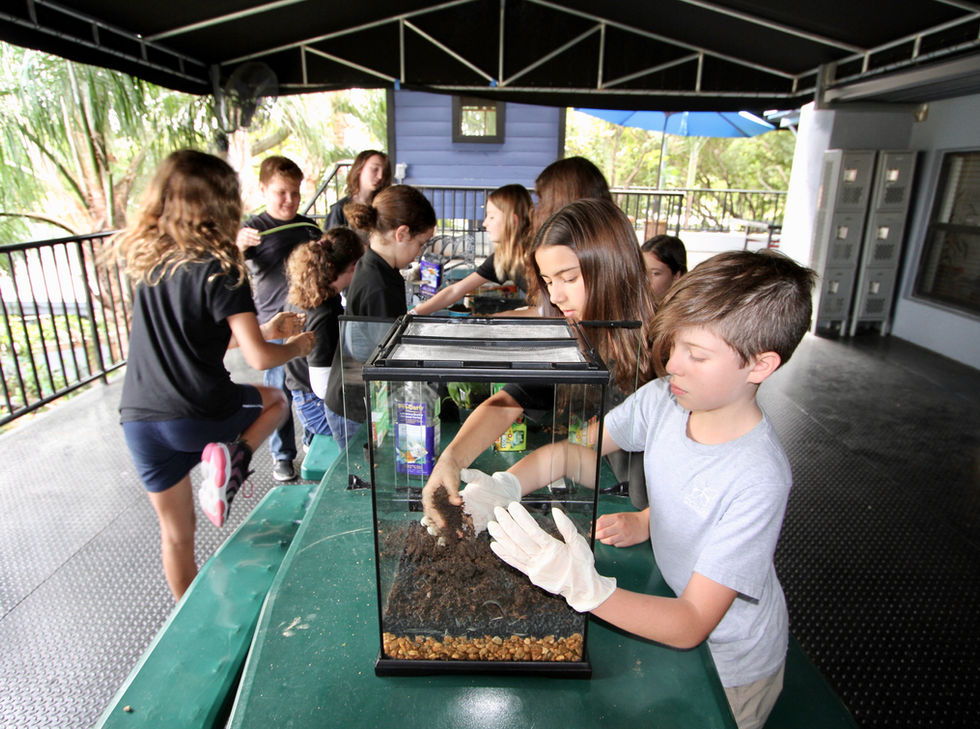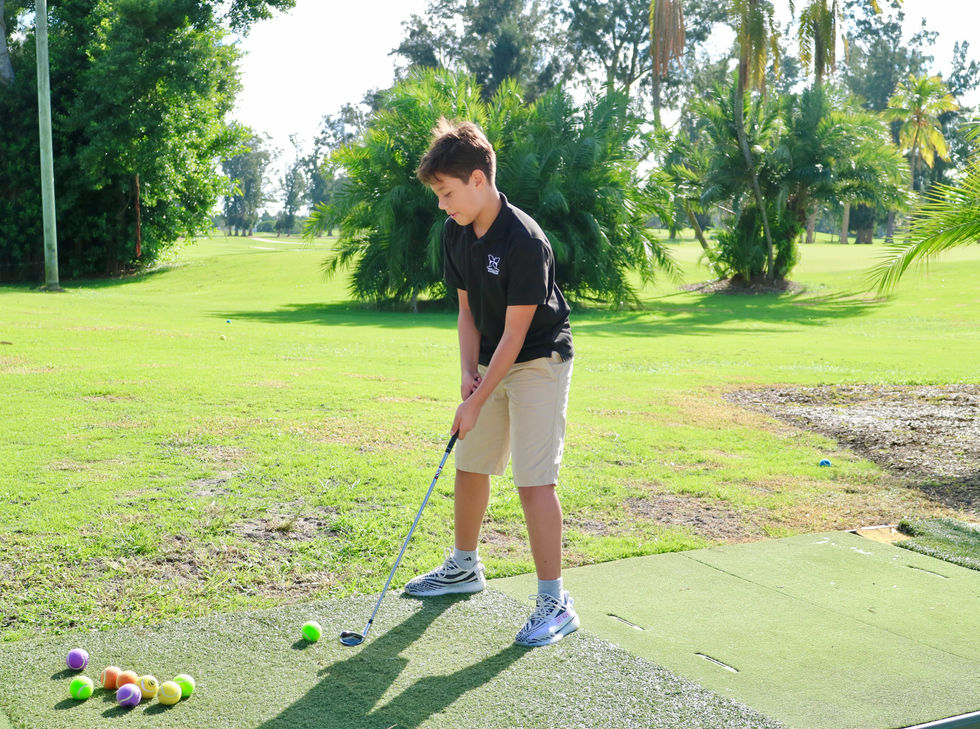MIDDLE SCHOOL
10 to 14 years old
WHY PAPILLON MONTESSORI FOR MIDDLE SCHOOL?
Our middle school program integrates rigorous academic studies with fun, experiential learning opportunities. During adolescence, children yearn for independence. At Papillon Montessori, we lean into this by offering a program that enables students to work independently and exercise choice in their studies. Student schedules are individualized to challenge each student adequately. We begin middle school in the fifth-grade year for younger children to build social skills and prepare for the responsibilities of more self-guided education. Older students build leadership skills by modeling mature behavior.
THE SPECIFIC GOALS OF THE MIDDLE SCHOOL PROGRAM
-
Learn at their own pace and are assigned work that corresponds to their comprehension regardless of grade level.
-
Engage in Socratic-style classrooms that are based on teacher-led discussions rather than lectures.
-
Choose how to finish assignments by working independently or in small groups.
-
Complete an uninterrupted, 2-hour work cycle at least once a day that simulates real-world work processes.
-
Work in groups with middle school students of all age levels that encourage diversity of perspectives, thoughts, and learning styles.
-
Act as leaders and role models to the rest of the Papillon Montessori community.
-
Engage in community service projects around Miami Beach.
-
Gain practical life skills through immersive experiential learning experiences on campuses, such as internships, off-site athletics, conservationism, farming, podcasting, music production, and sewing.
-
Become global citizens by learning a second language of their choice and exploring cultural studies.
-
Value empathy, inclusivity, and nature.
-
Apply scientific methods and techniques to real-world problems.
-
Use technology masterfully and ethically.
“The whole life of the adolescent should be organized in such a way that will allow him or her when the time comes, to make a triumphal entry into the life of society, not entering it debilitated, isolated or humiliated, but with head high, sure of himself or herself. Success in life depends on self-confidence born of true knowledge of one’s capacities.”
DR. MARIA MONTESSORI
UPPER ELEMENTARY CURRICULUM OVERVIEW
The Upper Elementary curriculum is a dynamic continuation of the work and studies from the previous levels. This next level of education guides the students as they move away from more concrete, fact-based learning into an age of abstraction and reason. Fueled by powerful imaginations and a desire to understand how things work, the Upper Elementary Students are well prepared for a curriculum that challenges them with advanced literature, history, science, mathematics, and language ideas.
As the students continue through what Dr. Montessori called the Intellectual Period, they develop intellectually, socially, and morally as active participants in their classroom communities and learning. Hands-on learning, coupled with more abstract work, discussions, and experiential education, creates a balance of learning experiences for the active minds and bodies of the Upper Elementary student. The curriculum highlights group work to create a productive and positive outlet for this very social developmental period. Ongoing independent work is also vital and allows students to challenge themselves, hone organizational skills, and build a solid foundation of academic strengths.
UPPER ELEMENTARY CURRICULUM
DEFINING THE 6-9-YEAR-OLD CHILD
From first grade through third grade, children are excited and ready to learn. Having reached a stage of physical stability, they enter into the age of reasoning and logic. Their imaginations are strong, and they are able to learn and think about things that they cannot see or touch. Lower Elementary children are interested in exploring not only their immediate surroundings but in knowing and understanding the bigger world.
SOCIAL AND INTELLECTUAL DEVELOPMENT
Where the younger child is gaining physical independence, the elementary child is working on intellectual independence. The Lower Elementary child is also becoming very social by being with friends and working out issues of friendship. The appropriate behavior for groups becomes very important.
CHILD DEVELOPMENT: The Intellectual Period
Dr. Montessori referred to this stage as the Intellectual Period. She saw this stage as a critical time for expansive education, giving the children lessons and questions to guide their explorations of culture, science, mathematics, language, and social rules and morals. To this end, the Papillon Montessori Lower Elementary classrooms are exciting and busy places. The passion for learning is palpable, as the children delve into the many lessons available to them. They work both in groups and individually, learning to manage group dynamics, while they also master academic skills.
PAPILLON MONTESSORI'S DEVELOPMENTAL APPROACH
At Papillon Montessori, all of our programs are developmentally responsive to the needs of individual children. In preschool and kindergarten, our classrooms are beautiful environments uniquely prepared to welcome and engage young children. Children work independently, in small groups with teachers, and with younger and older peers. Our experienced teachers fill the Montessori environment with opportunities for learning, exploration, and socialization.

























